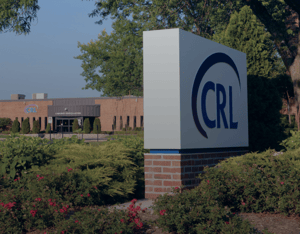Dr. Michael Fulks, Consulting Medical Director, details a new study showcasing improved outcomes for pancreatic cancer patients through the use of ACE inhibitors and ARBs.
Newer cancer treatments often have improved outcomes, but also come with high monetary cost, toxicity, and substantial time and travel to access them. But occasionally we get lucky, and new data suggest that pancreatic cancer patients have improved survival rates despite an advanced staged diagnosis with a grim prognosis of 20% survival after one year and less than 10% after five years.
In a study described in BMC Cancer, Scott Keith, et al. looked at the impact of ACE inhibitors and ARBs (angiotensin II receptor blockers) on survival from pancreatic cancer. These related drug categories are commonly used to treat hypertension and are readily available and tolerated at low cost. Because hypertension and the resultant use of ACE inhibitors and ARBs is so common, it was possible to look at a population with pancreatic cancer and compare outcomes in those using such therapy to those who do not. There were prior reports that these agents favorably impacted pancreatic cancer, but results were both based on small studies and inconsistent. This was the first large study and made use of a large existing database containing over 8,000 pancreatic cancer cases drawn from a commonly used health database in northern Italy. In the population with pancreatic cancer (median age of 74), 32% were on ACE inhibitors and 18% on ARBs.
In a multivariate Cox analysis, ARB users had a >20% reduction in mortality, including those with localized and more advanced disease with a smaller 13% reduction for ACE inhibitors. The impact of ACE inhibitors also was limited to three years while the impact of ARBs persisted.
While this is only an observational study and without standardization of ARB and ACE inhibitor dosage, the results are impressive. There is a physiological basis, as angiotensin receptors are thought to be involved in tumor regulation. Almost certainly, we will see more on this and hopefully have a new and simple tool to use against this type of cancer.
About the Author:
Michael Fulks, MD, Consulting Medical Director, is board-certified in internal and insurance medicine. After leaving practice, he served as a medical director, creating or editing several underwriting manuals and preferred programs. More recently, Mike has consulted for CRL participating in its mortality research on laboratory test results, BP and build, and in the development of risk-scoring tools for laboratory and non-laboratory data.






